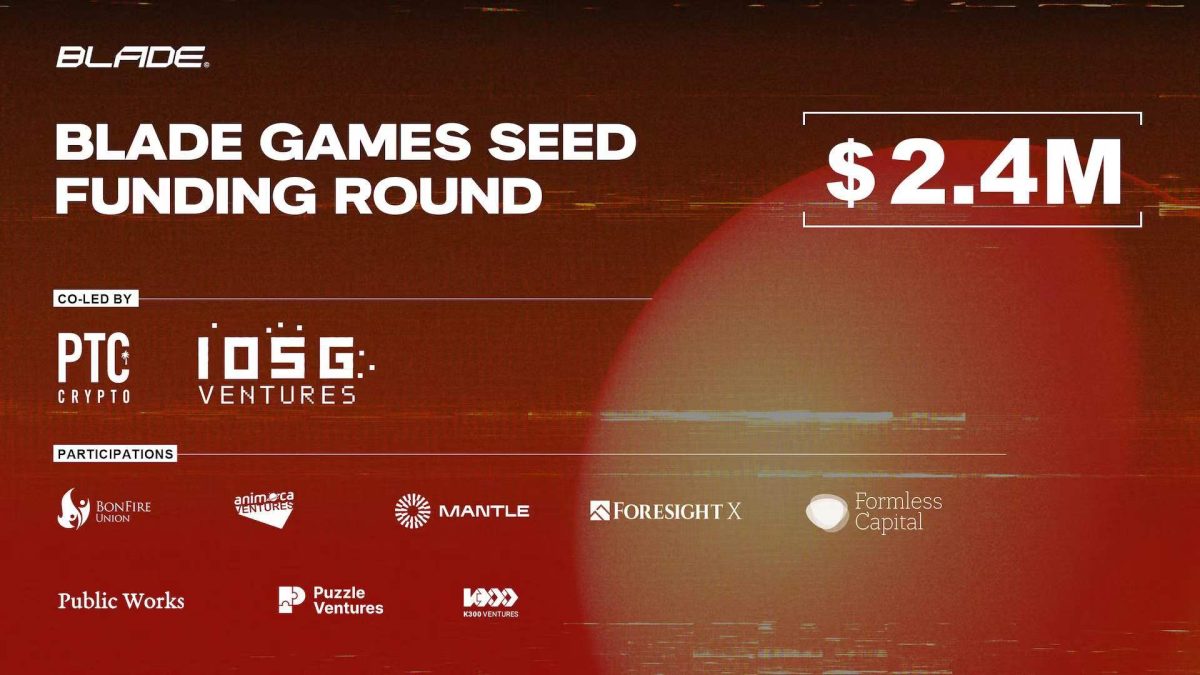Blockchain could destroy banks in London and impact tax collection, warns McKinsey senior advisor


John Straw, a senior advisor to management consulting giant McKinsey’s London unit, has warned that blockchain technology could destroy banks in the country, and therefore, affect the collection of personal and corporate taxes.
"Let's say that somebody actually does produce a working blockchain peer-to-peer [financial] system. It'll be a lending system that actually scales, we won't need banks any more,” Straw said at the recent Cloud and Infrastructure Live event hosted by media outlet Computing U.K.
Straw added that no banks mean no central clearinghouses, and therefore, they don’t pay tax. “So who's going to pay for the NHS [National Health Service]?" asked Straw, who is also a senior advisor to tech giant IBM, according to his LinkedIn profile.
He added that blockchain is a “democracy killer in many regards," and supported France’s and Germany’s decision to block the Facebook-led stablecoin project, Libra, as blockchain makes transactions “invisible to the taxman.”
Straw, however, noted that blockchain-based smart contracts are “a bit of a joy,” as these help with quicker transactions, automatic remittances and require no lawyers, among other benefits.



